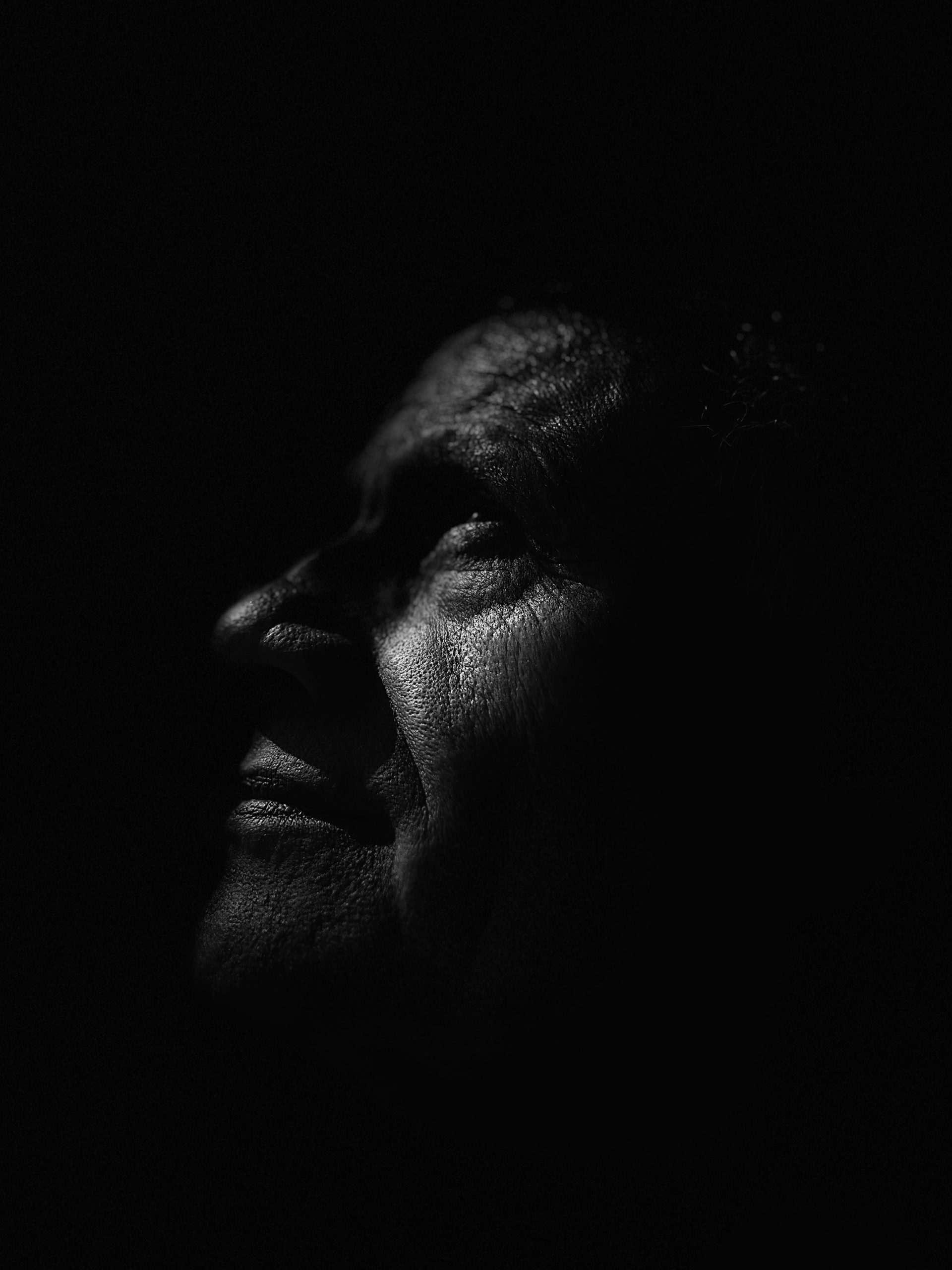The first time we met, he asked me if I would like to play Cluedo.
An 83-year-old retired spy, he has dark brown eyes that remind me of the earth. Slightly full around the hips, he has gained a lot of weight since leaving the force twenty years ago. Doctors told him he needs to lose some, but I reckon his full cheeks were what made him look younger than his age.
He is an intelligent man with sharp wit, always keen on playing board games. And in every game, he wins — against people half his age.
With an enviable mental clarity and sharpness, he can easily recall the names of his fifty aunts, uncles, nephews, and nieces…. Then again, I had no way of knowing how accurate the names were.
He loved sharing his past adventures, like the time he lived in the Middle East after the Islamic Revolution. He was sent on a mission and stayed on for the rich culture and history.
“Why did you decide to come back home?”
“My partner got sick. And we couldn’t afford the healthcare there.”
He watched his partner slowly wither away from Alzheimer’s Disease. One day, she woke up and told him, “Tonight is the night I’ll go.”
That was the last time he heard her voice.
He woke up the next morning to a quiet house. A deathly silence that has haunted him since. Even after twenty years, the raw pain in his voice is still palpable.
A tear formed at the corner of his eyes. I offered him a tissue and held his other hand as he wiped away the tear.
A knot tightened in my throat. I swallowed it and told myself to breathe. That’s the thing about empathy sometimes. I can feel people’s pain, sometimes overwhelmingly, as if it were my own.
The first few times I met him, he appeared completely normal.
But in between his stories, delusions started seeping in. Interlaced with reality, it was difficult to tell his fabrications apart from the truth.
In his mind was a crime novel that could sell Agatha Christie right off the shelves.
He told me an elaborate crime story involving a mafia group. They trafficked drugs and have a million pounds of cash stored under a trapdoor in their living room. On a murderous rampage, they executed anyone that was in their way.
They were his downstairs neighbours.
He reported the crime to the local police. He convinced the police to come to check up on the neighbour multiple times.
They found nothing…
He was convinced it was because they buried the dead bodies in the garden.
After a few visits, the police eventually recommended that he was to be taken to the mental health facility. He didn’t refuse.
“It’s cheaper to stay at the hospital anyway. I don’t have to pay for rent, utilities, or food.
“Life is so expensive nowadays.”
“Yeah, and they take real good care of me there.”
“How’s it like living with other people again? Must be a while since you had a lot of company.”
“Oh, it’s great! There’s always someone to talk to.”
His fear and paranoia were apparent in his behaviour. He adjusted the height of his bed to be hidden below the window, so the mafia wouldn’t be able to see him when they peer from outside.
Sometimes, mid-speech, he would stop and ask,
“Could you hear that?”
“What?”
“It’s gunshots. The mafia is here, they found me.”
It must feel dreadful, when every waking moment of your life, you are irrevocably convinced that people are out to get you. A person with a delusion is absolutely convinced that the delusion is real, regardless of evidence of the contrary.
Basically, there’s no point in contradicting a person in their delusions. Instead, just listen to them, as attentively as you can. Make them feel heard and seen.
Even if you don’t believe in what they say, a kind ear can go a longer way than a sharp tongue.
Note: This story is a fictionalised account inspired by my encounters with mental health lived experiences.




